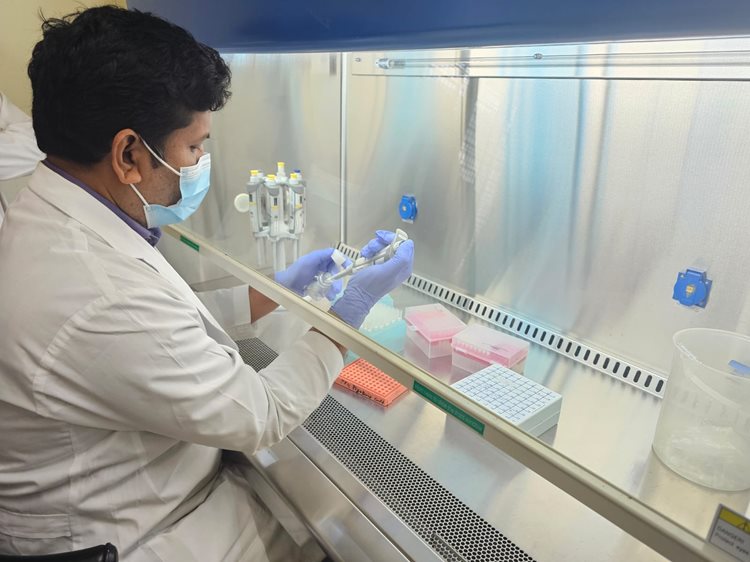Bangladesh's notifications to the World Trade Organization signal Bangladesh's advancement as a trusted global trading partner.
Banner image: The Bangladesh Secretariat in Dhaka, homebase of the Ministry of Commerce and its World Trade Organization Wing.
After a prolonged 15-year period of pending notifications under the Agreement on Agriculture, Bangladesh has initiated a new era of compliance with WTO regulations. Starting in June 2023 after receiving technical support from the U.S. Department of Agriculutre Bangladesh Trade Facilitation project, the country has transparently published 29 notices to the WTO Notifications Portal. This represents 26% of all contributions over the past 29 years and marks a significant milestone toward establishing a culture to issue notifications and advancing Bangladesh as a reliable and trusted trading partner.
WTO mandates that its member nations communicate their policies, rules, regulations, and any trade-related compliance measures to the global community, emphasizing transparency and accountability in international trade. Mandatory notifications are outlined in various WTO Agreements, allowing other member nations to express concerns and objections to any trade-restrictive measures or barriers adopted by a country. As a Least Developed Country (LDC) member, Bangladesh has benefited from certain flexibilities, many of which have already expired. In 2026, however, Bangladesh will graduate from LDC status, becoming a developing nation. Accordingly, WTO notifications and adhering to other transparency requirements and best practices will become increasingly vital to competing in global trade and avoiding possible penalties for non-compliance with notification requirements, which some WTO members are advocating be applied. Moreover, many countries have faced complaints regarding delayed submissions of information to WTO, and Bangladesh could also confront these consequences.
Bangladesh has struggled to regularly notify WTO about policy changes, regulations, and import and export compliance measures, attributing the delays to capacity constraints within government agencies and because of the technical complexities of the notification process. While neighboring countries like India have submitted over 1,500 notifications, Bangladesh has only submitted 97 since the inception of the WTO in 1975. The most recent Trade Policy Review of Bangladesh in 2019 highlighted these delays and lack of compliance; as assessed by WTO the country has complied with about 55% of its notification obligations under the Agreement on Agriculture. The Ministry of Commerce is responsible for issuing notifications, but it is necessary to collaborate and coordinate with other governmental ministries and agencies that may have limited awareness about the matter.
Change in the Air
The change in practice is becoming evident across the government. The Ministry of Commerce has now submitted 15 required notifications covering Domestic Support under the Agreement on Agriculture as well as for Trade in Services. The Bangladesh Food Safety Authority appears to be regularly notifying draft standards promulgated, recently notifying under the Committee of Sanitary and Phytosanitary on 11 measures. And, the Bangladesh Standards and Testing Institution added three notifications under the Technical Barriers for Trade Committee. In addition, as a best practice, the National Board of Revenue (representing Bangladesh Customs) reported its progress in Trade Facilitation implementation under the Trade Facilitation Agreement. The new culture of notifying about trade policies, procedures, and standards has led to enhanced engagement with other trading partners, which is evident in the form of queries back to Bangladesh raised by other countries, including many with advanced and highly developed economies.

Food sample testing for adherence to Bangladesh Standards issued by BSTI and assessed by BFSA.
About the Project
The Bangladesh Trade Facilitation project is funded through the U.S. Department of Agriculture’s Food for Progress program. Project activites strengthen the capacity of Bangladesh to achieve the WTO Trade Faciltitation Category C measures covering Test Procedures, Risk Management, Perishable Goods, and Formalites. The project has partnered with the Ministry of Commerce to reduce the cost of trade in agriculture goods and to increase standardization and transparency in the provision of trade services.